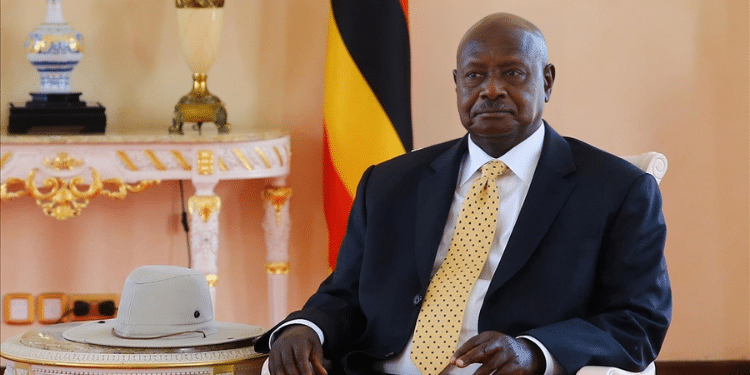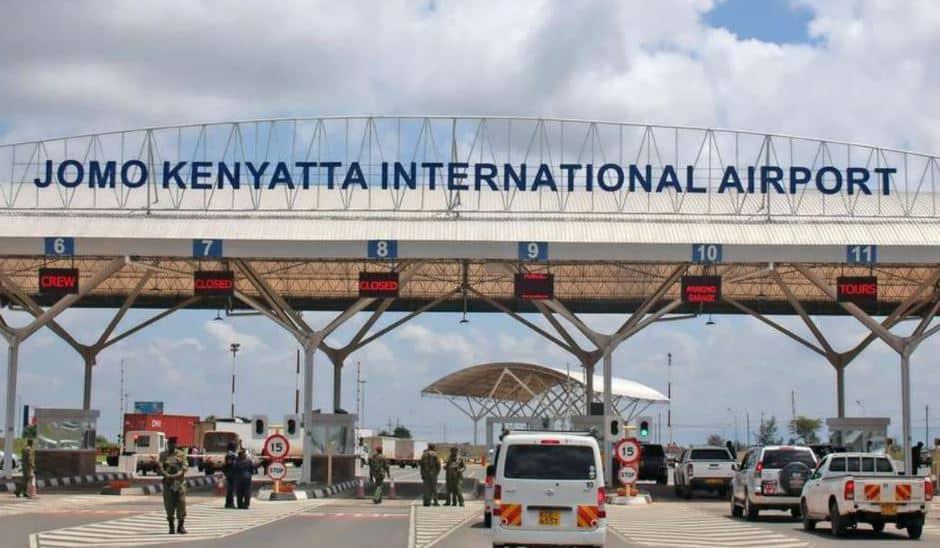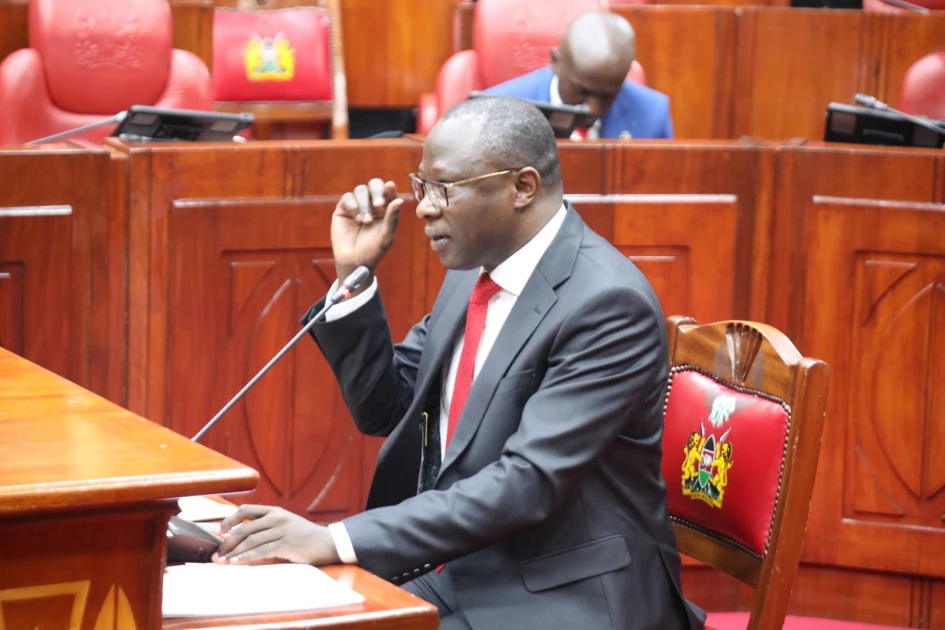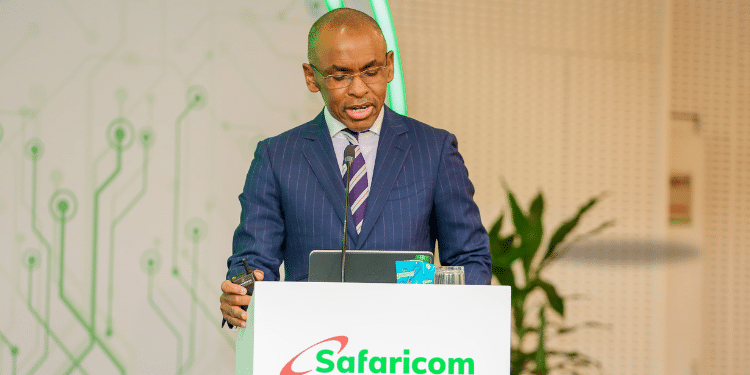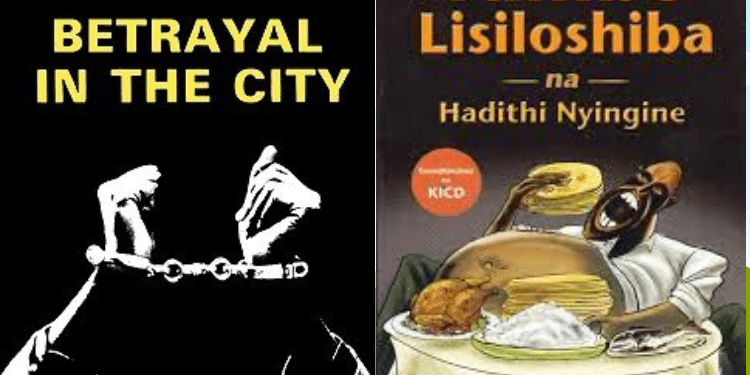In their quest to protest against the Finance Bill 2024, Kenyans identifying themselves with the famed Generation Z have drawn significant inspiration from high school set books.
These literary works have resonated deeply with their sense of justice and activism. The five key books include: Betrayal in the City, Mstahiki Meya, Tumbo Lisiloshiba, Kifo Kisimani and Kigogo.
These books, with their powerful themes of corruption, leadership, and societal struggles, have powered Gen Z to stand up and demand change.
Through numerous posts, Gen Z’s have confirmed the role played by these set books on X referencing the books as sources of inspiration for their push for change.
The following set books are said to have inspired Gen Z-Led Protest:
1. Betrayal in the City
The play written by Francis Imbuga is anchored on a setting that depicts the themes of dictatorship, oppression and the fight for democracy.
Also Read: List of Approved Set Books Performance Groups Unveiled
The story revolves around Jusper, a university student who becomes entangled in political unrest following the death of his brother, Adika, who was shot during a protest.
The play portrays the struggles of ordinary citizens against a tyrannical regime and the betrayal of public trust by those in power.
It underscores the need for collective action and resilience in the face of oppression.
2. Tumbo Lisiloshiba
Similar to Betrayal in the City, this is a Swahili short story book authored by Said Ahmed that critiques political corruption and greed in society.
The title translates to “The Insatiable Belly,” highlighting the endless greed of those in power.
The play portrays corrupt leaders who exploit the resources and people for personal gain, leading to widespread suffering and discontent among society.
It serves as a powerful commentary on the consequences of unchecked power and the importance of integrity in leadership.
3. Mstahiki Meya
The story in the form of a play follows the tale of a newly elected mayor who initially promises to bring positive change to his community.
However, after gaining power, he becomes corrupt and self-serving, neglecting the needs of the people.
The play highlights the challenges of maintaining integrity and the detrimental effects of corrupt leadership.
4. Kifo Kisimani
The swahili play is written by Kithaka Wa Mberia, and it revolves around a conflict in a village where a powerful and corrupt leader, Mzee Mung’aro, rules with an iron fist.
Additionally, the village well, which is a vital resource for the community, becomes a focal point of the drama. Tensions arise when Mzee Mung’aro’s abuse of power leads to the suffering of the villagers.
Also Read: Govt Reveals Deadline of New Books for Select Learners, Gives Reason
The play brings out a clear outline of how his actions are driven by selfish interests, and the manner in which he exploits his position to oppress the people.
5. Kigogo
Kigogo is a Swahili novel written by Pauline Kea, that explores the themes of corruption, power struggles, and social justice.
The story is set in a fictional African village and follows the lives of the villagers as they navigate the complexities of leadership and governance.
The term “Kigogo” refers to a powerful figure often associated with corruption and exploitation.
The novel examines the impact of corrupt leaders on the community and the villagers’ efforts to seek justice and reform.
These five set books are said to have set the pace for the Gen Z protest against the finance bill.
“The revolutionary spirit in Gen Z was inspired the set books they studied in high school, like Betrayal in the city by Francis Imbuga, Mstahiki Meya by Timothy Arege, Tumbo lisiloshiba by Said Ahmed and Kifo kisimani. They are a force, they are a movement,” One netizen on X posted.
Follow our WhatsApp Channel and X Account for real-time news updates.


